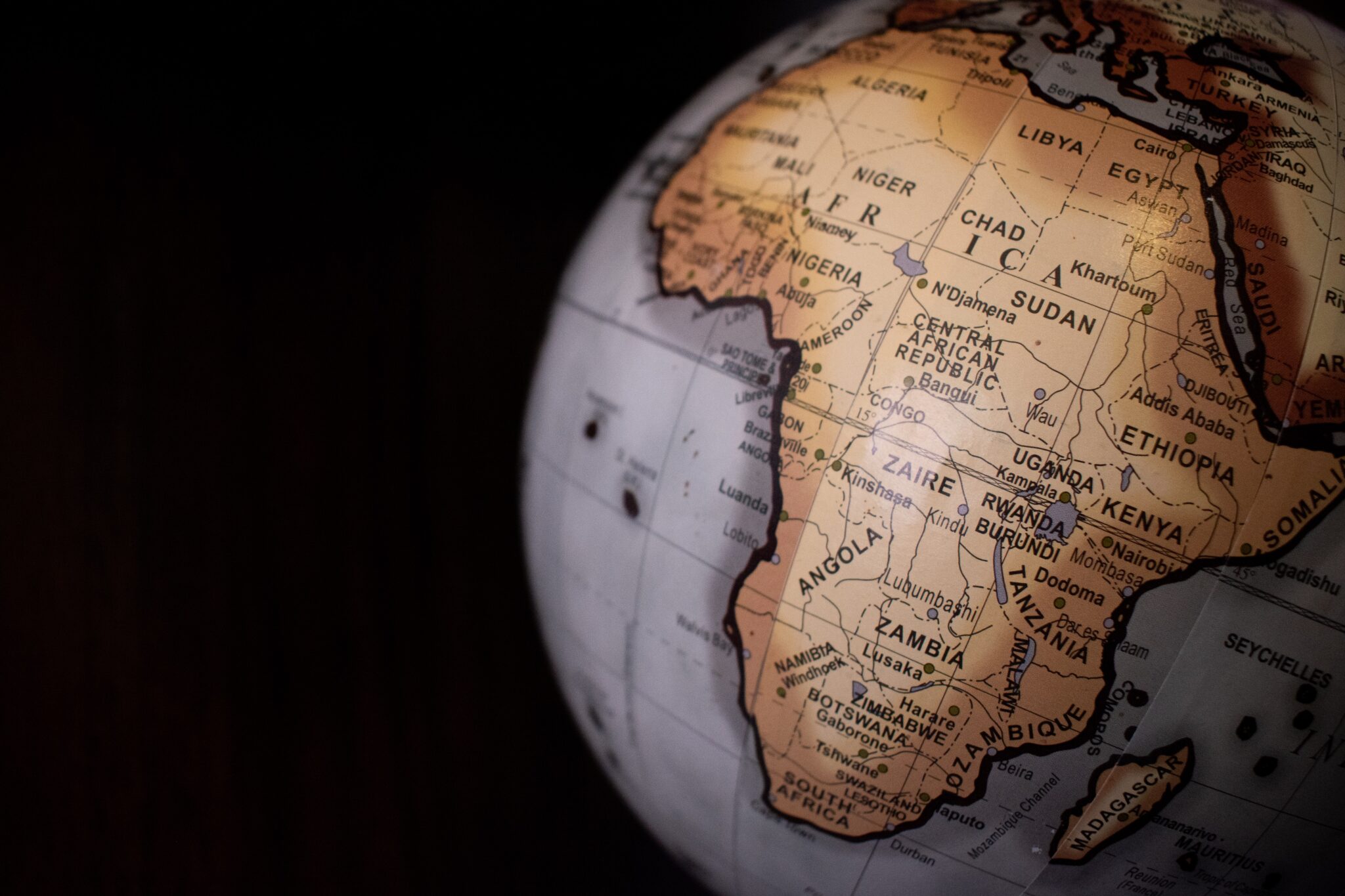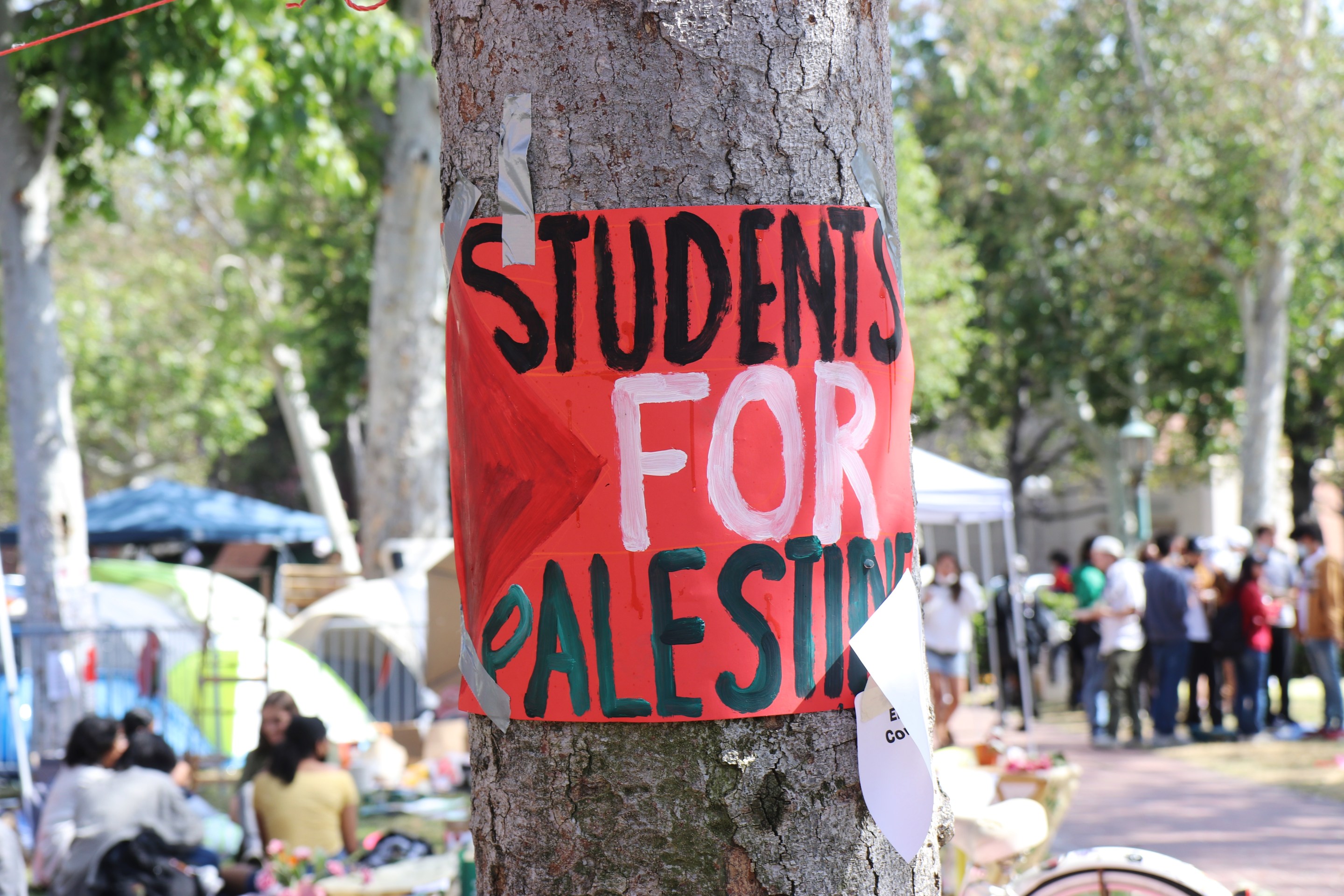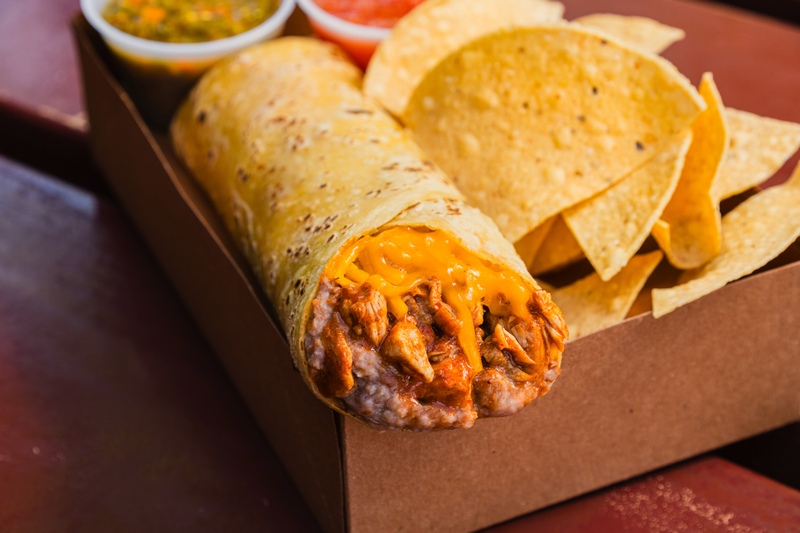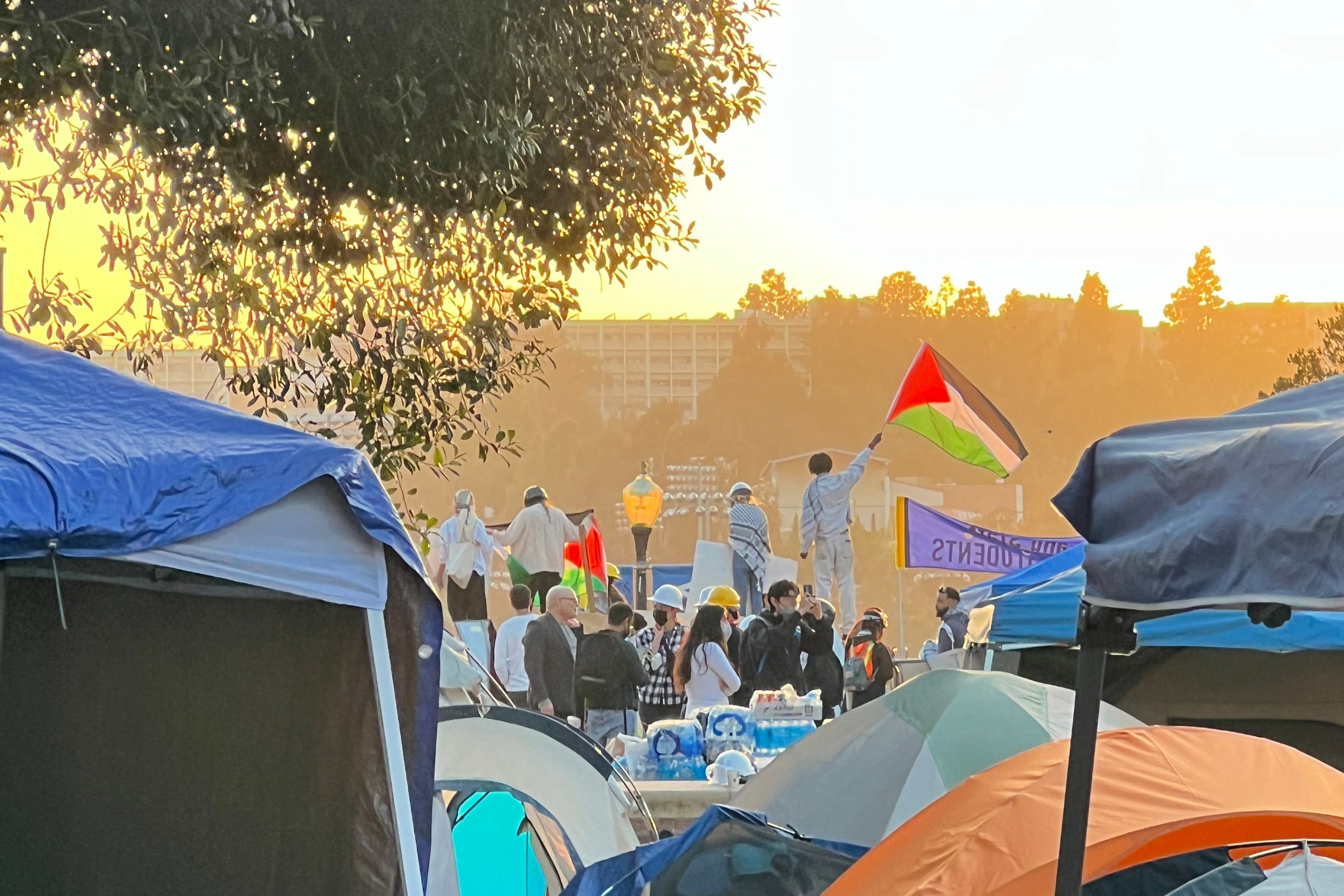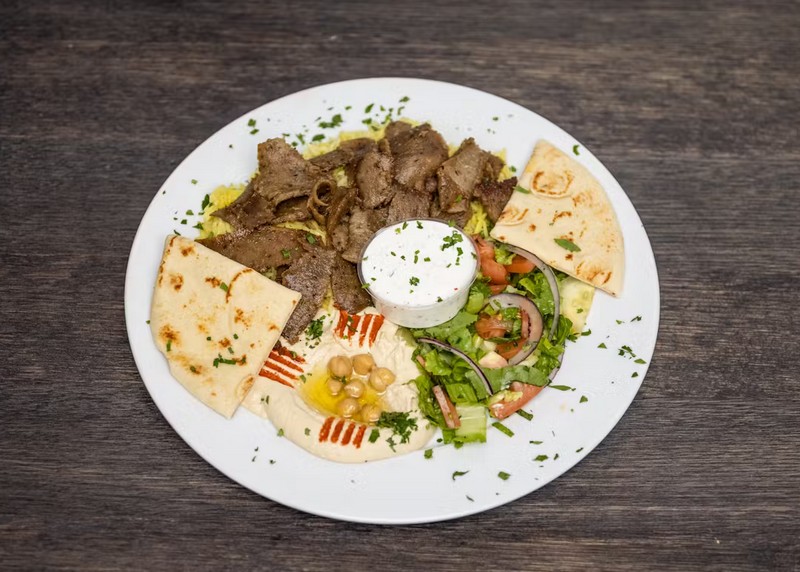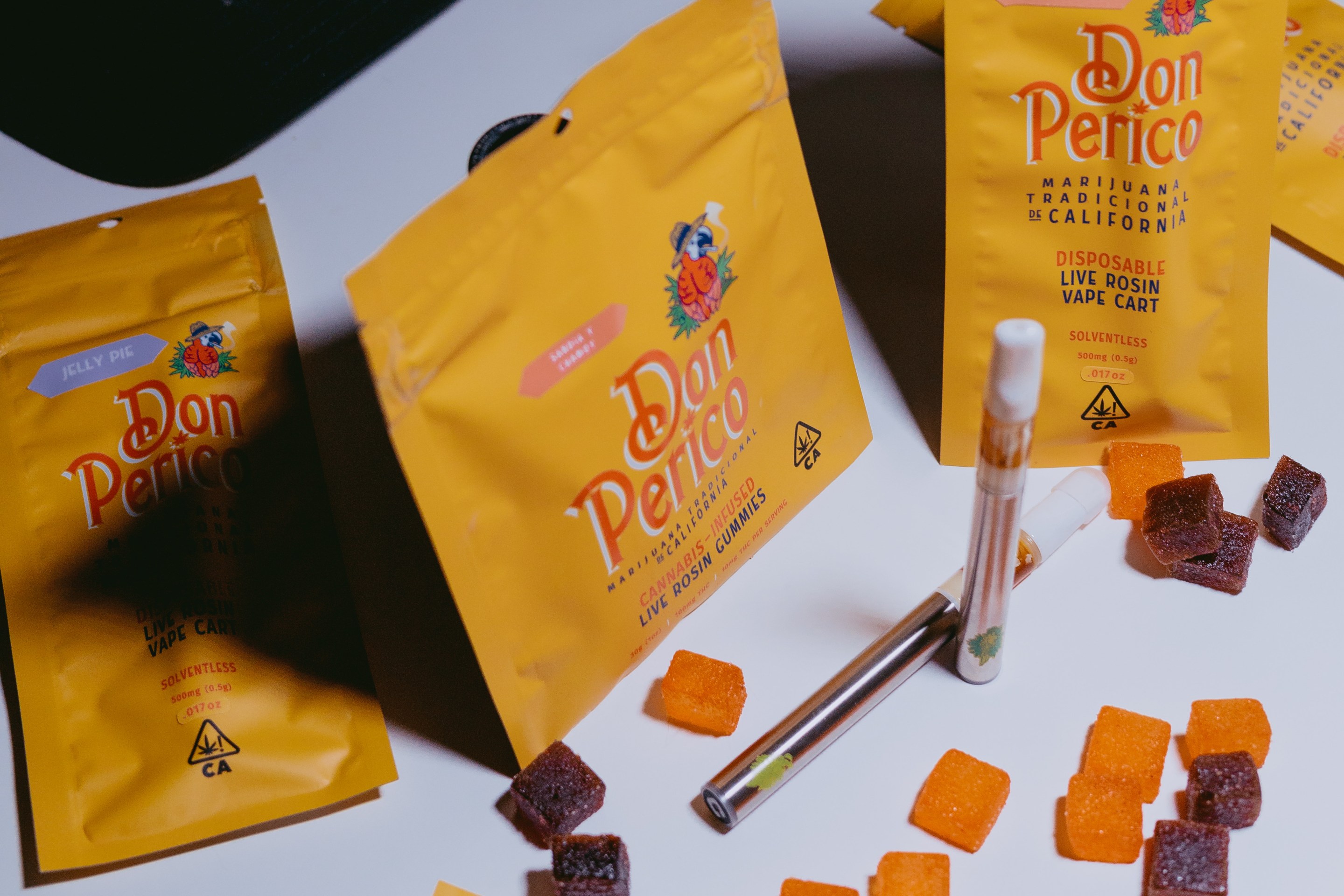This article was produced in collaboration with The Objective. This piece is a part of its series “The Food Media Reckoning” — a collection of reporting, essays, and criticism about the holes that still exist in food media — and what its future could look like when we look to its past. Read more here.
There’s an East African proverb that says “The mouth is stupid; after eating, it forgets who gave it food.”
Through its ingredients, cooking methods, and preservation techniques, Africa has defined the global diet. Coffee, rice, yams, and okra are pillars of the American diet. Hidden agricultural exchanges during the trans-Atlantic slave trade reflect West African influences and have led to the “re-discovery” of crops like Caroline Gold, a variant of rice that has seen an explosive resurgence over the years.
But despite the growing popularity of food media in recent years, African stories are sparingly included — leaving media coverage of food history incomplete.
African cuisine is largely undermined and undervalued in popular food media. Africa is one of the largest diasporas in the world, a continent with 54 countries and a population of over 1.4 million people. To not tell those stories, which vary by region, which dazzle and reinvent our understandings and relationship to food, is to succumb to a colonial mindset that has marked a pitiful era of reporting.
When Bon Appétit’s cultural reckoning emerged at the beginning of the pandemic, many of us were reminded of a nascent fact: Food is political. Food, beautiful, glorious food, is not separate from the people who make it — those who grow it, tend to it, and serve it. Just as importantly, food is not independent of the people who report it, and as journalists, we bear a responsibility for this truth.
“If you position yourself as a global platform, then you have a responsibility to ensure that your stories come from all over the world,” said Ozoz Sokoh, a Nigerian food writer and anthropologist. Last year, Sokoh launched Feast Afrique, a digital archive of over 200 cookbooks and stories from Nigeria and parts of West Africa.
Sokoh’s work is part of a larger effort by African journalists, culinary historians, and archivists to highlight Africa’s role in food media.
“African, African-American, and African-inspired knowledge are not often acknowledged in culinary practice,” wrote Sokoh in the introduction to Feast Afrique. “I want people to know this and see that African culinary excellence exists because it’s hard to know who you are without knowing your history.”
Why is Africa missing from food coverage?
Sokoh is one of hundreds of journalists, writers, and chefs tired by the industry’s failure. The project came from a place of frustration. Sokoh, who has freelanced for leading food magazines, including Bon Appétit and Food52, is a preeminent culinary historian in West African cuisine. Her food blog Kitchen Butterfly has independently amassed over 50,000 followers.
“I couldn’t for the life of me figure out why my work wasn’t being featured,” she said. “There are very few platforms that genuinely want to tell a multitude of [African] stories.”
Over the past few years, food media has gone through something of a renaissance.
Streaming services like Netflix and Amazon have invested heavily in food, thanks in large part to shows like Chef’s Table that have revolutionized our way of viewing and relating to food.
Food publications like New York Times Cooking have amassed thousands, if not millions, of subscribers across platforms. Food influencers, food blogs, and #FoodTok are all members of a rapidly growing industry in which food content is commodified for our viewing pleasure.
So why are editors slow to make the connection and to hail the importance of African cuisine and culinary lineages on the mainstream stage?
“The media misjudges the audience,” said Chef Pierre Thiam, the executive chef and co-founder of Teranga in New York City. “They think that the audience isn’t interested [in African cuisine].”
But that lack of imagination and understanding comes at a formidable price and shrouds the continent — and its contributions — in popular obscurity. It also reduces Africa to its colonial legacies.
People still associate food on the continent with aid, he explained, which is a great disservice to the resources and ingenious practices that exist on the continent today — a quarter of the globe’s biodiversity lives in Africa. “That fact alone shows you just how much we have to offer.”
Food media and food systems only have more to gain by documenting African cuisine and its history
Thiam founded Yolélé, a “revolutionary” food company introducing African ingredients like fonio to American consumers.
Many African crops are drought-resilient, including fonio, an ancient grain indigenous to parts of West Africa. These crops and African scientists who study them could aid in some of the world’s most pressing issues, offering ways to mitigate climate change — for example, studies have come out showing that black-eyed peas could eliminate the need for fertilizer.
“Our products are underutilized,” Thiam said. “We need to diversify the world’s diet and the only way to diversify it is to integrate underutilized products. Africa has a quarter of the world’s food plants, and they are not being integrated into our food system.”
When all else fails, “I take it upon myself to tell my message,” said Thiam, who has become something of a celebrity chef over the years. “We are all, in a sense, custodians of this tradition, this culinary tradition that has been passed down to us with integrity.”
To me, being an African food journalist is to be a documentarian, an archivist, and a custodian to a larger tradition that is often being erased in the face of neocolonialism, climate change, and economic and political precarity. Losing out on opportunities to share these stories with a larger audience is a great disservice to a collective relationship to food and to one another.
For Sokoh, food “is a continuum that exists across time and space.” She describes her work as “understanding the traditional, the classic, the past, the present, to then help to shape the future and to imagine the kind of world that I want to live in the way that I want to see my food represented, spoken about, eaten, honored.”
For publications to promote stories from the continent, they first need to see value in these stories. Editors must reckon with their own individual misconceptions and biases about who, and what, we deem fit and valuable. That requires that individuals reckon with history and with common misconceptions about a widely diverse region of the world that has and continues to be resilient in the face of uncertainty.
That’s asking for a lot from people, but then again, food journalism requires that we ask the right questions and seek the best answers. If not for ourselves, then to better understand our food, where it comes from, and its place in our lives.
Omnia is a writer and journalist from Washington, D.C. From an early age she was introduced to good food, thanks in large part to her mama’s cooking (and the countless mamas that feed the city). She spends the majority of her time reading and writing about food and culture, and hopes to one day cook as well as she eats.
This piece was edited by Janelle Salanga. Copy edits by Gabe Schneider
